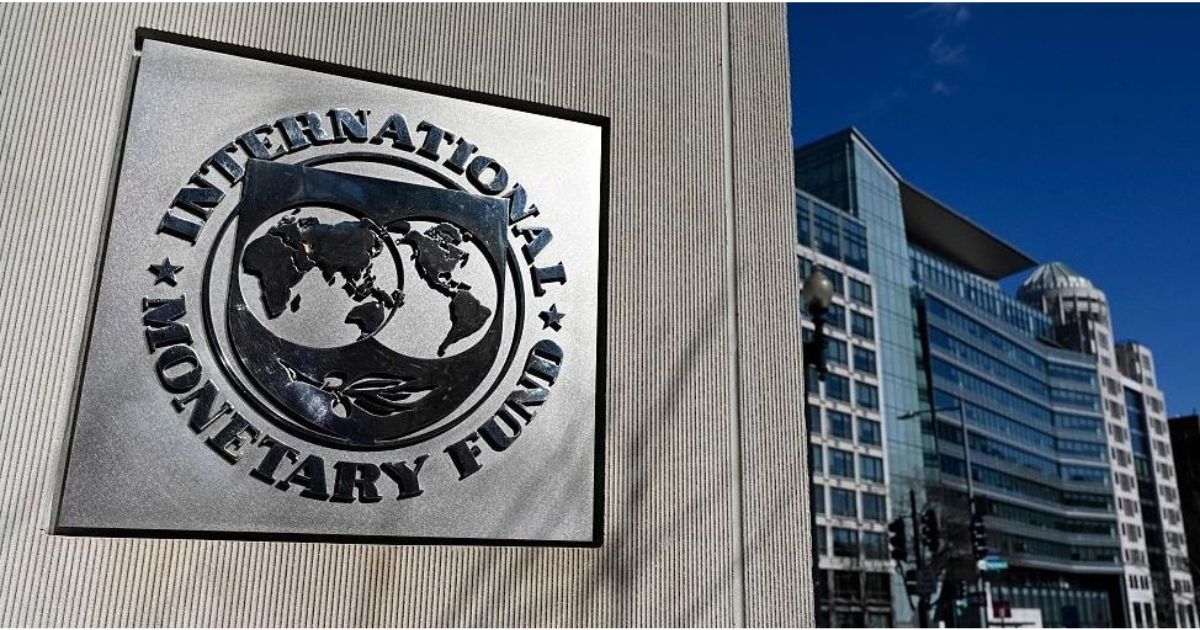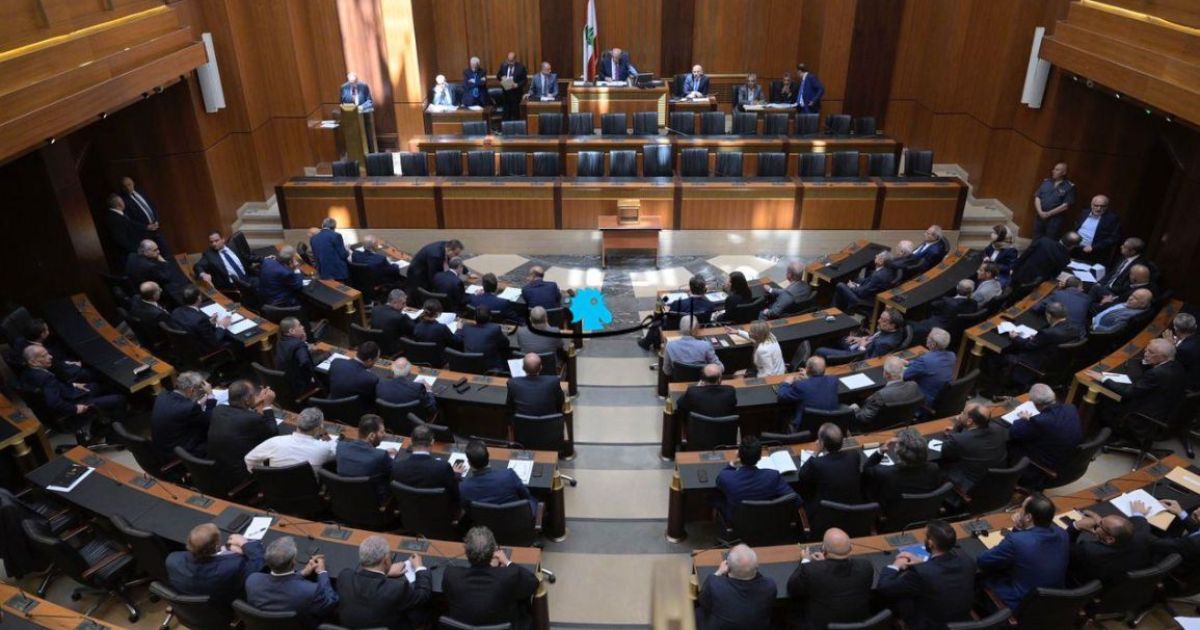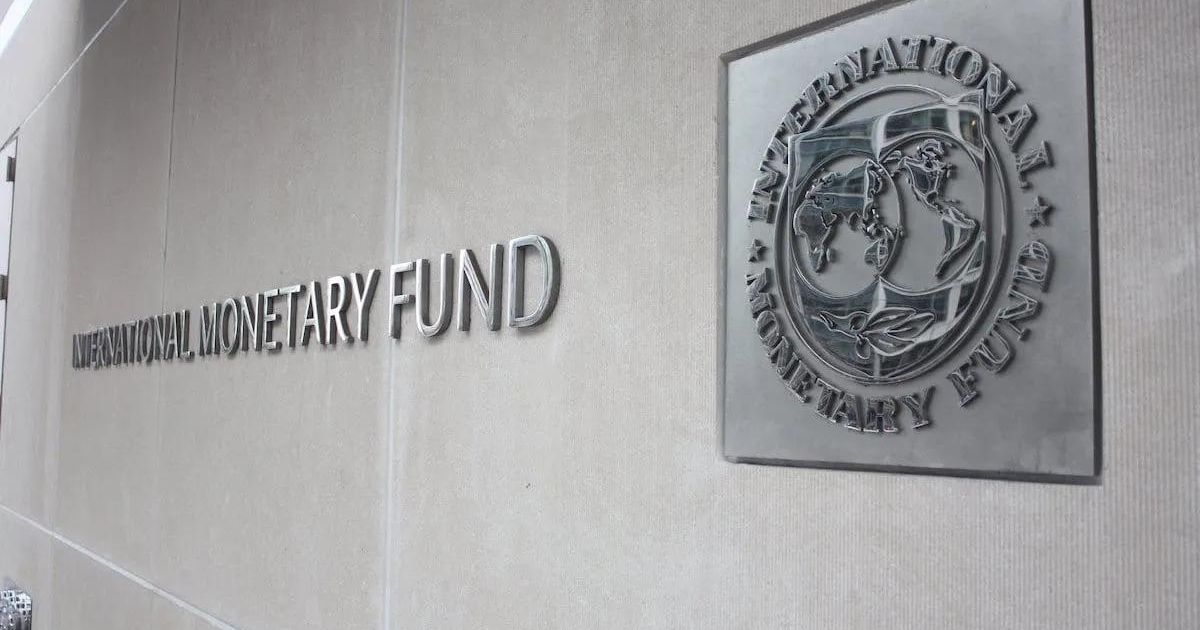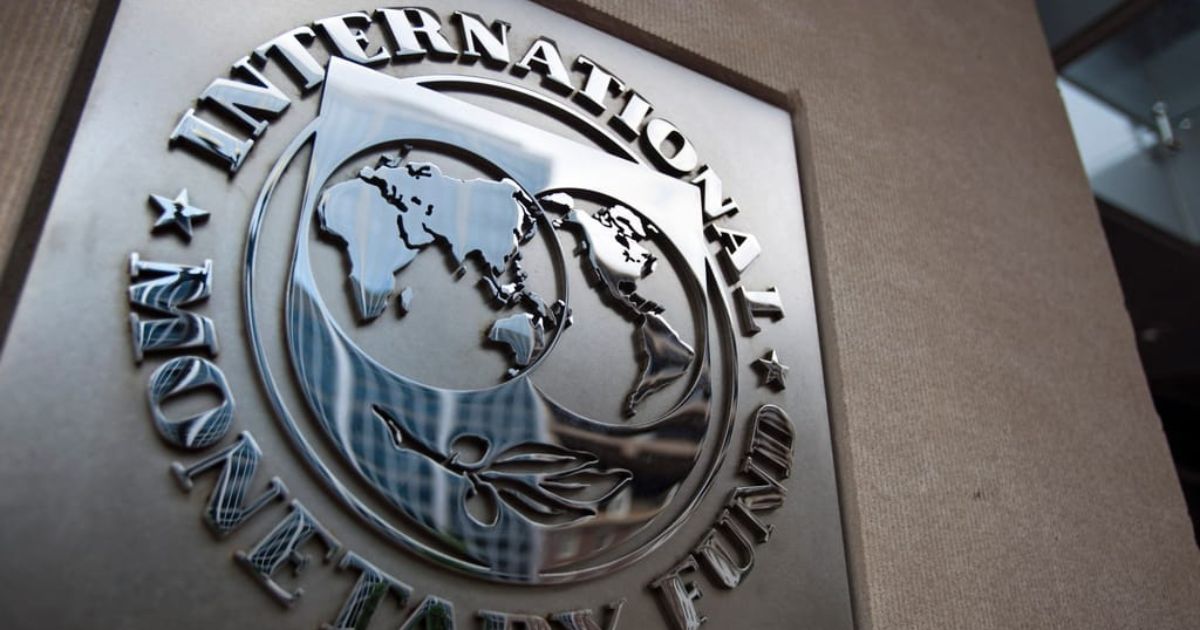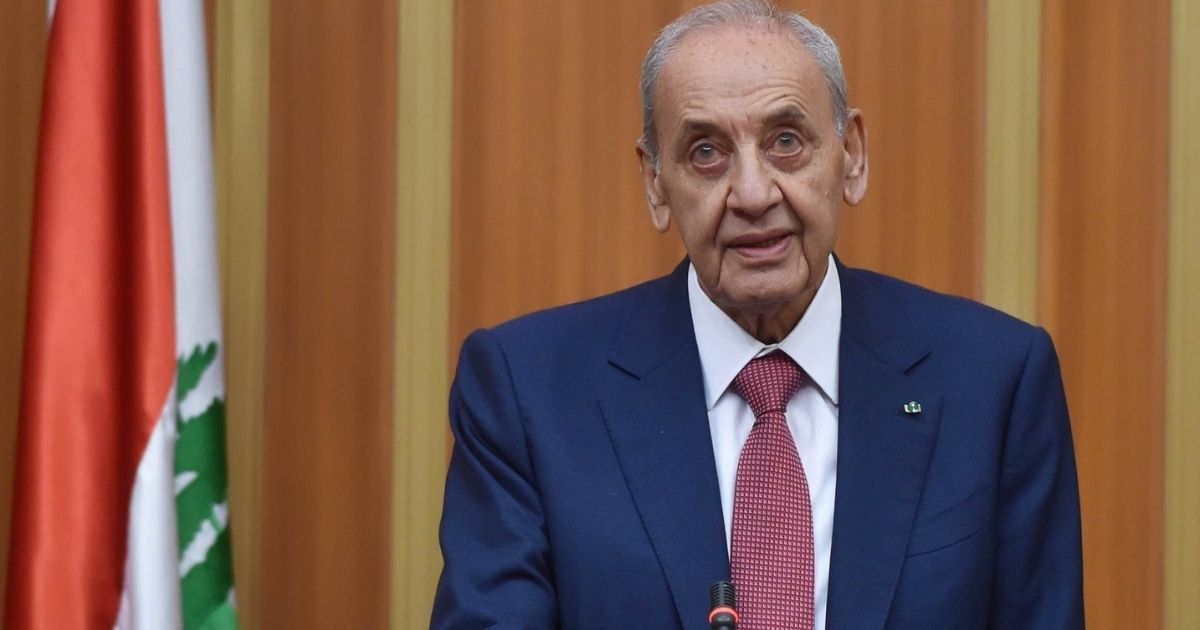Alain Bifani, a senior Lebanese Finance Ministry official and member of Lebanon’s negotiation team with the International Monetary Fund (IMF), has resigned from his position.
Bifani, who is Director-General of the Finance Ministry, informed Minister Gazi Wazni of his resignation on Tuesday, thus automatically forfeiting his membership at the Banque du Liban Central Council and his position as an IMF negotiator.
Speaking to Al-Jadeed, the official said the primary reason behind his resignation was the way Lebanese leaders are currently handling the financial crisis.
“The reasons for my resignation are an objection to the way [the government] deals, all together, with the crisis. The path we are taking today is reckless and, in accordance with it, the people will [suffer greatly],” he said.
Bifani, who had been the Finance Ministry’s director-general for two decades, mentioned Lebanon’s “numbers’ dispute” with the IMF regarding the magnitude of the country’s financial losses.
“We have proven that our approach is correct and our numbers are correct, and today I got rid of the burden of 20 years…” he stated.
Despite the fact that the official’s resignation goes directly to the Finance Minister, it can be rejected by neither the latter nor the Council of Ministers. The only way to undo it would be for Bifani himself to retract it.
This is important to note because Bifani’s resignation will put Lebanon in an embarrassing position with the IMF, especially considering that it is the second resignation of its kind this month.
Alain Bifani’s resignation comes less than two weeks after that of another member of Lebanon’s IMF negotiations team, Henri Chaoul, who was a pro-bono financial adviser to the Ministry of Finance.
Later on Tuesday, Bifani held a press conference in which he warned the Lebanese of the repercussions of the way the country’s leaders are dealing with its problems.
“We are approaching a new stage of taking over [people’s] assets with equivocation,” Bifani said.
This will lead to a “foreknown result” that is the “crushing of the underprivileged class,” in addition to the deterioration of the national currency and other costly results.
Additionally, he cautioned that all of this will all take place “in the absence of any reform program” while the solutions continue to be postponed.




